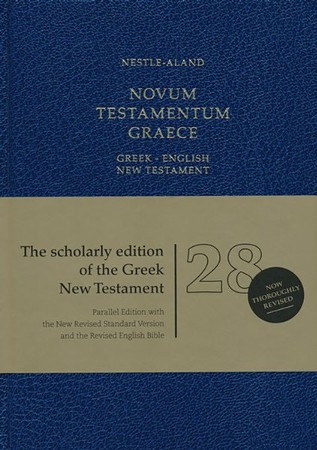Of course I do. I don't think God focused on that one family of manuscripts above all others.Do you believe in Biblical preservation of any kind and if so what’s your theory on how it works?
That's exactly what they think. From the "Beliefs and Core Values" statement of the Compass College and Seminary website, which started this discussion...I don't think TR guys believe that the "Majority Text" is inspired and the "Critical Text" is not.
We believe...
in the preservation of God’s Word through the Hebrew Masoretic Text and the Greek Textus Receptus, from which the Authorized King James Version of the Bible was translated.
Here's a debate that gets down to the scholarship of textual criticism, and really to the heart of the issue with the TR/kjvo controversies. You can save half an hour skipping over the moderator's introductory statements. The back and forth is fun to watch, so the time goes by quickly. White basically cleans Van Kleeck's clock.


